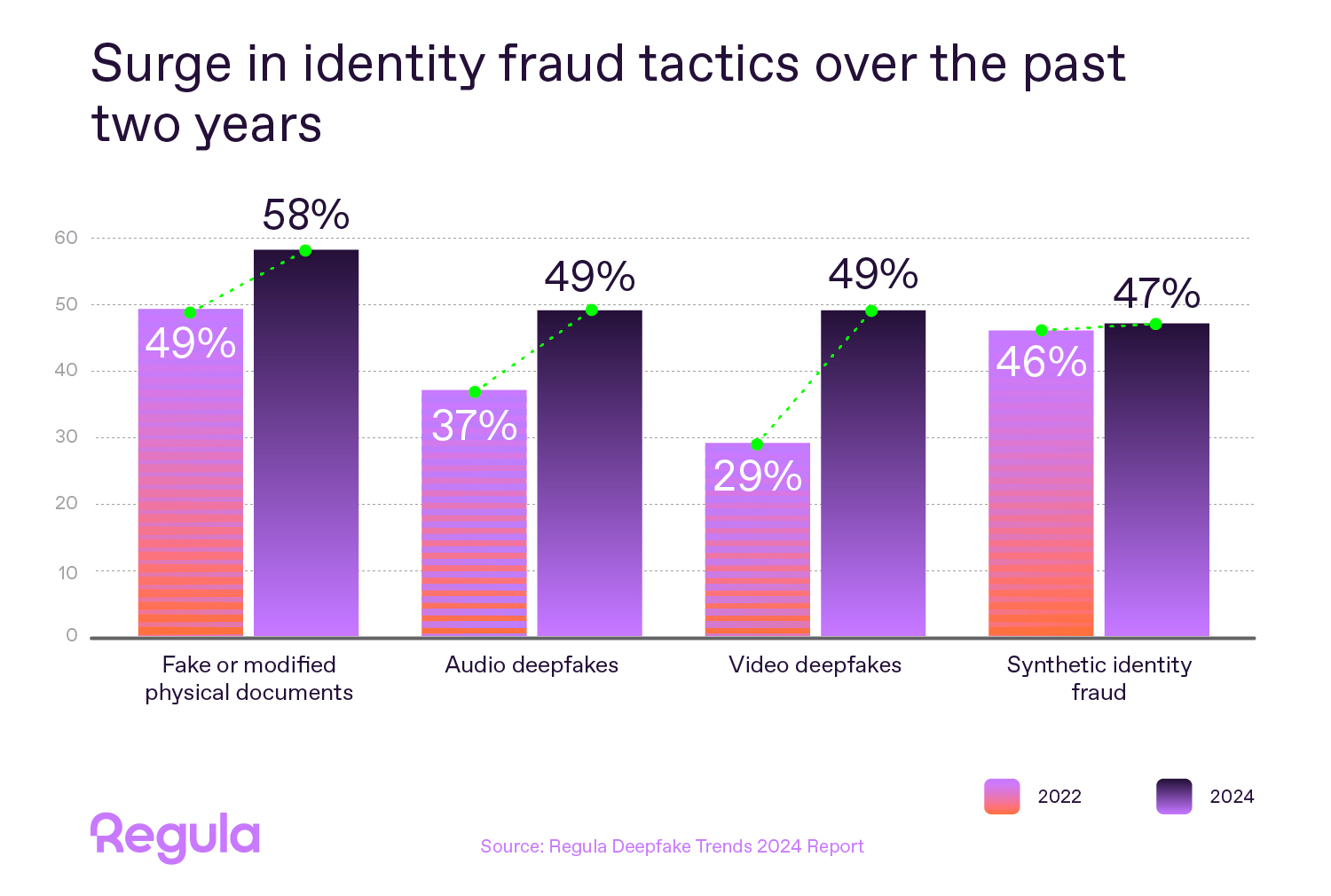![]()
In the dynamic and fast-paced world of financial technology, commonly known as fintech, innovation meets opportunity, offering professionals the chance to engage in some of the most rewarding careers available today. As the industry continues to evolve, the demand for specialized skills has skyrocketed, leading to impressive salary packages for those who can navigate the complexities of finance and technology. Whether you’re a data wizard, a coding guru, or a strategic thinker, there’s a place for you in the fintech jobs market.
Let’s explore some of the highest-paying jobs in this exciting field, where expertise is not only valued but handsomely rewarded.
Table of Contents
1. Quantitative Analyst
Quantitative analysts, or “quants,” play a crucial role in fintech by using data to identify profitable investments and reduce risk. They typically work for investment banks, stock brokerage firms, or wealth management companies. Mastery in computer programming, statistical analysis, and mathematical models is essential. On average, quants earn between $130K to $170K per year, making this role highly desirable.
2. Financial Risk Manager
Specialized in identifying and managing financial risks, financial risk managers use sophisticated models and techniques to assess and mitigate potential financial threats. This role requires extensive experience in finance or accounting, and professionals in this field can expect to earn between $110K to $137K annually.
3. Blockchain Developer
With the rise of cryptocurrencies and blockchain technology, developers who can create and manage decentralized digital databases and smart contracts are in high demand. Blockchain developers earn an average of $111K per year, reflecting the value of their expertise in this cutting-edge field.
4. Product Manager
Product managers in fintech oversee the development and launch of innovative financial products. Their role involves using product development tools and techniques to ensure new technologies meet market demands. The average salary for a product manager in fintech is substantial and can range anywhere between $160K to $300K per year, emphasizing the importance of creativity and strategic thinking in this role.
![]()
5. Cybersecurity Specialist
As cyber threats become more sophisticated, the need for skilled cybersecurity specialists in fintech jobs market grows. These professionals are responsible for protecting sensitive financial data from breaches and attacks. With an average salary of $88k to $93K per year, cybersecurity remains a crucial and rewarding field in fintech.
6. Data Scientist
Data scientists in fintech job market analyze large sets of financial data to extract valuable insights that drive business decisions. They are proficient in query languages, data visualization tools, and statistical analysis. The average annual income for data scientists in fintech job market is approximately between $97K and $120K per year, highlighting the importance of their role in the data-driven fintech jobs industry.
7. DevOps Engineer
DevOps engineers ensure the seamless integration and operation of fintech applications. They work closely with development and operations teams to maintain system efficiency. Earning around $122K annually, DevOps engineers are vital for the continuous improvement and deployment of fintech solutions.
8. Hedge Fund Manager
Managing hedge funds involves complex investment strategies aimed at generating high returns. Hedge fund managers, who need extensive experience in finance and investment analysis, earn an impressive average salary ranging between $90K to $140K per year. Their compensation often includes performance-based bonuses, making it one of the most lucrative roles in finance.
![]()
9. Private Equity Associate
Private equity associates support the investment process in private equity firms, conducting financial modeling and due diligence. They earn about $100K per year, reflecting the critical role they play in identifying and managing profitable investment opportunities.
10. AI and Machine Learning Specialists
Specialists in AI and machine learning develop advanced tools that enhance financial services. These professionals are in high demand as fintech companies continue to leverage AI to improve efficiency and customer experience. The salaries in this field vary widely but can be very lucrative for those with the right skills and expertise. As a baseline, AI amd ML specialists earn around $100K per year.
Average Earnings of Highest Paying Fintech Jobs
Below is a graph that visually represents the average annual earnings for each of these top fintech jobs. This graph is based on data from multiple job sites, so the figures are averages. You can earn more or less, based on your experience and particular skill set. :
![]()
Conclusion
The fintech industry offers a range of high-paying careers that are both challenging and rewarding. Whether you are inclined towards data analysis, product development, cybersecurity, or investment management, there is a lucrative opportunity waiting for you in the world of financial technology.


Recent Comments